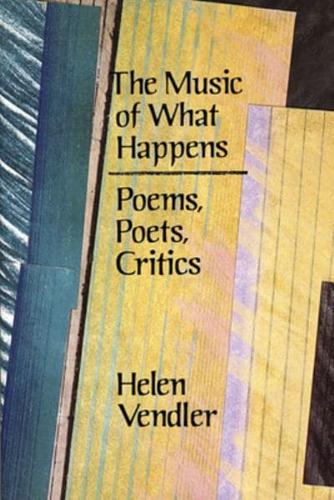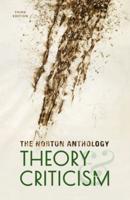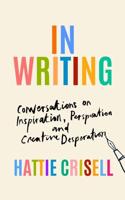Publisher's Synopsis
"Essential Vendler."
-Chicago Tribune
A leading partisan of close reading defends aesthetics as the beating heart of criticism.
The late 1970s and early 1980s witnessed a sea change in literary criticism. As deconstruction, Marxism, feminism, and other currents dethroned the New Criticism in the American academy, those who held fast to formalist approaches appeared increasingly outmoded. Critics, as Helen Vendler put it, had been "put on notice" by literary theory.
Fortunately, Vendler was up to the challenge. The essays and reviews collected in The Music of What Happens make a defiantly unfashionable case for her stalwart aestheticism. According to Vendler, the critic's job is neither to interpret the poem, uncovering the secret meaning lurking beneath its surfaces, nor to unmask its ideological underpinnings, but to describe how the interplay of form and signification creates a unique and cohesive aesthetic experience. Good criticism illuminates the qualities that make each poem unlike any other: it explains not only what happens in the text but also, as Seamus Heaney once wrote, "the music of what happens."
Including magisterial assessments of her fellow critics and literary theorists, from Roland Barthes and Geoffrey Hartman to Harold Bloom and Lionel Trilling, as well as characteristically acute appraisals of a wide range of contemporary and canonical poets, The Music of What Happens shows the rich dividends that accrue when we treat literature as a fine art like painting or sculpture rather than a discourse to be decoded and evaluated in social and historical terms. Above all, we become more attuned to the pleasures of reading-and even the pleasures of criticism itself.









